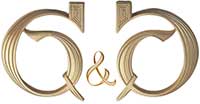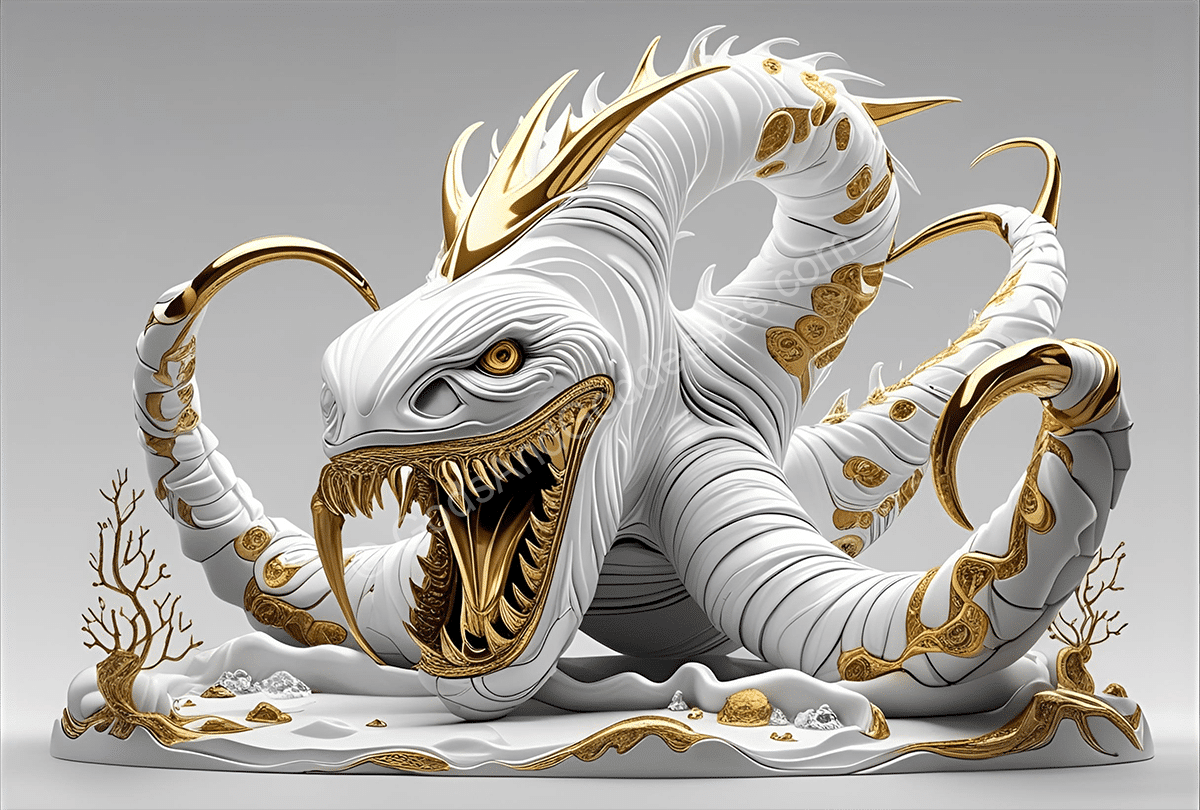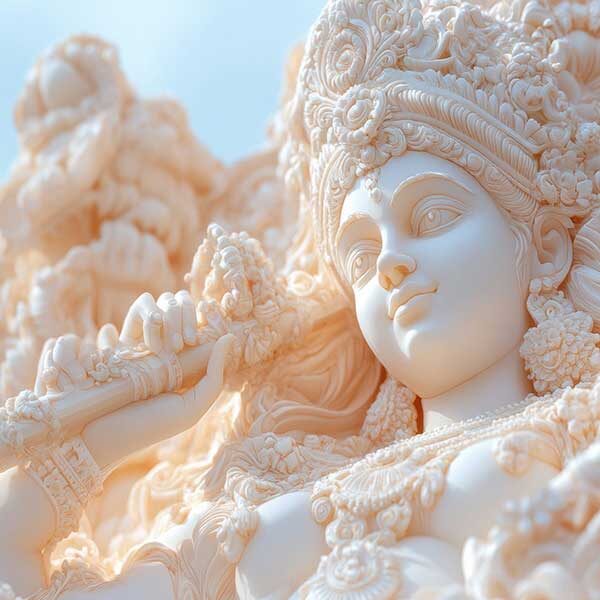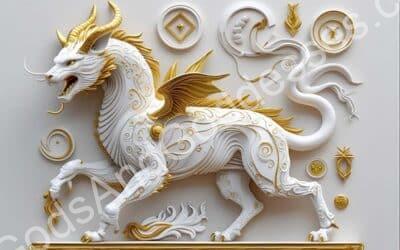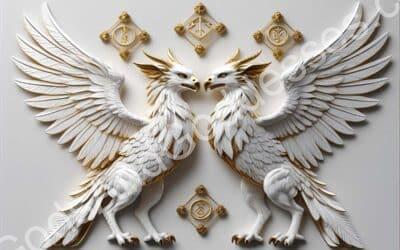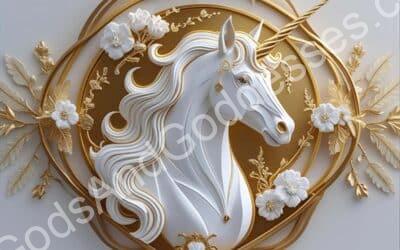Introduction: Why the Kraken Still Fascinates
The Kraken is one of the most legendary sea monsters in mythology and folklore—a colossal beast said to rise from the depths of the ocean, dragging entire ships beneath the waves. Rooted in Norse and Scandinavian tradition, this creature embodies humanity’s fear of the unknown sea, where mystery, danger, and imagination converge.
At GodsAndGoddesses.com, we explore mythology, mythological creatures, gods, and goddesses as part of the larger story of human culture. The Kraken is more than a monster—it’s an archetype of chaos, mystery, and awe that continues to influence literature, art, and modern storytelling.
“The Kraken is the sea made flesh—vast, untamed, and unyielding.”
Key Takeaways About the Kraken
-
The Kraken is a giant sea monster from Norse and Scandinavian mythology.
-
Its name means “twisted” or “crooked,” reflecting the terror of its immense tentacles.
-
Sailors believed it could capsize ships, stir whirlpools, and devour entire crews.
-
The Kraken symbolizes humanity’s fear of the deep sea and the forces beyond human control.
-
Modern depictions in films, books, and games keep the Kraken alive as an icon of maritime myth.
Explore Kraken Stories
-
Norse Sagas → Legends describe the Kraken as a sea beast lurking near Norway and Iceland.
-
Scandinavian Folklore → Fishermen warned of whirlpools and massive creatures rising from the deep.
-
Modern Literature → From Alfred Tennyson’s poem The Kraken to 20,000 Leagues Under the Sea, the creature thrives in imagination.
The Role of the Kraken in Myth and Culture
The Kraken represented the unknown terrors of the sea in Norse and Scandinavian cultures, a reminder of nature’s destructive power. Tales of the Kraken warned sailors to respect the ocean’s dangers and mysteries. Its size and might linked it to cosmic chaos, echoing other mythological sea beasts like Leviathan in Hebrew tradition and Jörmungandr in Norse myth.
Even today, the Kraken’s legend persists—appearing in maritime lore, fantasy novels, role-playing games, and films. It is both a monster and a metaphor: the ocean’s depth, danger, and unpredictability.
Why the Kraken Matters
-
Cultural warning – Embodied the dangers of long sea voyages.
-
Universal archetype – Similar sea monsters appear in global mythology.
-
Modern symbolism – Represents chaos, vastness, and fear of the unknown.
-
Enduring influence – Popular in literature, fantasy, video games, and films.
See also: Mythological Creatures, Mythological Sea Animals.
Famous Kraken Legends
The Norse Kraken
-
Described in Scandinavian folklore as dwelling off the coast of Norway.
-
Said to resemble a massive squid or octopus with tentacles that could crush ships.
Pontoppidan’s Accounts (18th Century)
-
Bishop Erik Pontoppidan wrote in 1752 about the Kraken in The Natural History of Norway, describing it as a monstrous beast that surfaced like an island.
Tennyson’s Poem The Kraken
-
A 19th-century romantic poem imagined the Kraken lying dormant in the deep, waiting for the end of the world to rise again.
Shared Archetypes of the Kraken
-
Chaos monsters – Leviathan (Hebrew), Jörmungandr (Norse).
-
World-shaking beasts – Sea dragons in Chinese and Japanese traditions.
-
Guardians of the abyss – Symbolizing the threshold between order and chaos.
See related: Mythological Symbols.
The Kraken in Modern Culture
-
Literature – Appears in works like Jules Verne’s 20,000 Leagues Under the Sea.
-
Film & TV – Featured in Clash of the Titans, Pirates of the Caribbean, and countless adaptations.
-
Gaming – Popular in role-playing games (D&D, Final Fantasy) and as a symbol of unstoppable force.
-
Branding & Identity – Used as a symbol of strength in sports teams, products, and media.
FAQs About the Kraken
Was the Kraken a real animal?
It was likely inspired by sightings of giant squids, which can grow to enormous lengths
What does the word Kraken mean?
Derived from the Norwegian word “krake,” meaning twisted or crooked creature.
Is the Kraken the same as Leviathan?
No. Both are giant sea monsters, but Leviathan belongs to Hebrew mythology, while the Kraken comes from Norse and Scandinavian folklore.
Why did sailors fear the Kraken?
Legends said it could capsize ships, create whirlpools, and devour entire crews.
Does the Kraken still matter today?
Yes—its myth influences literature, films, games, and even modern branding as a symbol of strength and chaos.
Conclusion
The Kraken is one of the greatest legends of the sea. More than a terrifying monster, it symbolizes humanity’s awe before the vast unknown of the ocean. From Norse sagas to modern films, the Kraken endures as a cultural icon of chaos, fear, and wonder.
Explore further with:
“The Kraken reminds us that the sea is as deep as myth itself—mysterious, untamed, and eternal.”
- Odin God Story - August 24, 2025
- The Story of Ra: Egyptian Sun God and Creator - August 24, 2025
- Kraken: Mythological Sea Monster of the Deep - August 24, 2025
